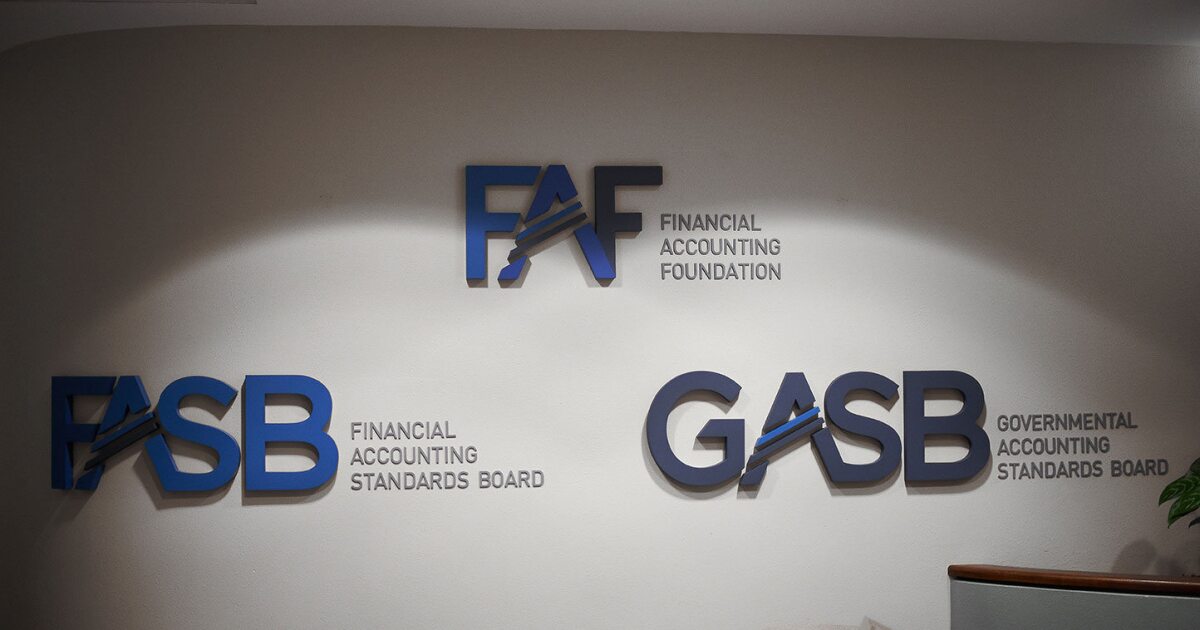The Financial Accounting Standards Board finalized a new standard Wednesday for joint venture formations aimed at providing more useful information to investors on the venture’s financial statements and curbing differences in practice on the financial reporting.
The new accounting standards update applies to the formation of entities that meet the definition of a joint venture (or a corporate joint venture) as defined in FASB’s Accounting Standards Codification Master Glossary. Joint ventures are already defined in the glossary, but until now there hasn’t been any specific guidance in the codification on how a joint venture, upon formation, should recognize and initially measure the assets that have been contributed and liabilities assumed in the venture, including the assets and liabilities of the businesses contributed.
Instead, U.S. GAAP explicitly provides that transactions between a corporate joint venture and its owners are outside the scope of Topic 845, Nonmonetary Transactions, and the formation of a joint venture is outside the scope of Topic 805, Business Combinations. Without any specific guidance to rely on, practitioners has been influenced by various sources, including speeches given by staff on the Securities and Exchange Commission.
Courtesy of GASB
As a result, there has been diversity in practice on how a joint venture should account for the contributions it receives when it’s formed. Some joint ventures initially measure their net assets at fair value at the formation date, while others initially measure their net assets at the venturers’ carrying amounts.
“To reduce diversity in practice and provide decision-useful information to a joint venture’s investors, the Board decided to require that a joint venture apply a new basis of accounting upon formation,” said FASB. “By applying a new basis of accounting, a joint venture, upon formation, will recognize and initially measure its assets and liabilities at fair value (with exceptions to fair value measurement that are consistent with the business combinations guidance).”
FASB noted that the amendments in the update don’t amend the definition of a joint venture or a corporate joint venture, the accounting by an equity method investor for its investment in a joint venture, or the accounting by a joint venture for contributions received after its formation.
The amendments take effect prospectively for all joint ventures with a formation date on or after Jan. 1, 2025, but early adoption is allowed. In addition, a joint venture that was formed before the effective date of the update can elect to apply the amendments retrospectively if it has enough information.
The amendments in the update aim to provide decision-useful information to a joint venture’s investors and reduce diversity in practice. FASB has come under pressure to be more responsive to the needs of investors, especially after a report by an SEC Investor Advisory Committee last year (see story). Last week, FASB released an investor outreach report that said the board would undertake another consultation next year on its future agenda for new standards.
“We take every opportunity to proactively seek input from investors on the financial reporting improvements that are most essential and expect to undertake another broad-based agenda consultation in 2024,” said the report.
FASB did an agenda consultation in 2021 under FASB chair Richard Jones and added a number of new projects to its technical and research agendas last year (see story). They included projects on digital assets (later narrowed down to cryptocurrency), environmental credits and software costs. Also on the technical agenda was the project on joint venture formations.
Credit: Source link










